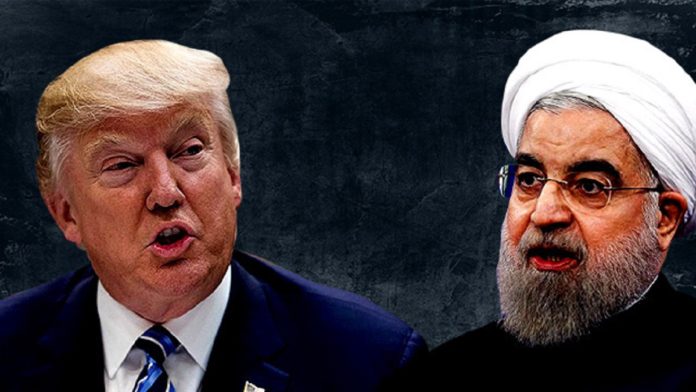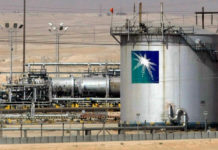US President Donald Trump has decided to withdraw from the 2015 agreement between Iran and a group of six nations led by the Obama administration. The agreement limited Tehran’s nuclear abilities development for more than a decade in return for lifting international oil and financial sanctions.
The Egyptian position was diplomatically balanced and rational to a large extent, the positions of Saudi Arabia and the United Arab Emirates (Egypt’s Allies) were more acute and clearly supportive of the American position.
European positions were clearly opposed to the US withdrawal from the nuclear agreement. Merkel, Macron and Mai have officially announced their rejection, and called for further consultations to resolve the crisis.
As the political impact of the decision unfolds, we review the impact of it on the Egyptian economy and our daily lives?
Iran’s recent historical stands reflect that it is not a close ally to Egypt in light of its actions during the chaos of the January 2011 revolution in Egypt, as elements from Hezbollah and Hamas stormed into the country to smuggle Lebanese groups loyal to Iran that had been sentenced earlier on charges of spying and sabotage, one of the most famous stories is the escape of Sami Shihab, commander of a Hezbollah network in Egypt. Among the charges addressed to Sami Shihab in his case were Planning to carry out terrorist acts against ships and battleships crossing the Suez Canal, foreign tourists and tourist establishments. Two sectors that deliver the main bulk of foreign currency to the Egyptian state, a value exceeding $ 18 billion annually!
So Iran was clearly aiming to harm the Egyptian economy. On the other hand, Iran is entangled into multiple operations within its neighbour’s countries that have expanded its external expenditures massively, specially over the past decade.
Iran’s already deteriorating currency, was severely damaged by Trump’s decision. As following the decision, the dollar value against the Iranian riyal rose from the level of 60,000 riyals (or 6,000 tomans) to close to 80 thousand riyals (8,000 tomans).
The US withdrawal from its agreement with Iran, led oil to rise above $ 77.00 per barrel from $ 74.00 per barrel due to the instability in the Region due to this decision. Each $ 1 increase in the price of a barrel of oil is equivalent to 4 billion Egyptian pounds in cost reflecting an additional burden on the Egyptian budget. As Egypt imports one-third of its oil needs, so Egypt will be negatively affected by the new rise in oil prices. The high price of oil comes at a phase, in which the Egyptian Government is executing a major economic reform to cut subsidies on energy for the third time since the liberalisation of the Egyptian pound.
On the other hand, the rise in oil prices has a positive impact on our allies in the Arabian Gulf, especially Saudi Arabia and the UAE, which may slightly ease the impact on the Egyptian economy. As the surplus realised by the increase may lead to growth of Gulf investments in Egypt.
The US withdrawal from the Iranian nuclear agreement includes as well imposing economic sanctions on Iran’s energy sector within 180 days, including the gas sector. Iran holds the largest gas reserves in the world totalling 33 trillion cubic meters and Qatar participates in its largest gas field in the world (Pars field). Over the past period, Tehran has launched its gas pipelines with Turkey, as a first stage. The second stage of the Iranian pipeline project was entry into the European market, by extending more pipelines through Turkey to Europe. But this phase has not been completed due to the sanctions and blockade.
Iran still has great hope that Europe will support the agreement against the American decision. Yet, US economic sanctions on Iran’s energy sector will impede and slow down Tehran’s efforts to extract and develop its gas fields and most importantly impact its European pipeline project.
On the other hand, Egypt is growing into the gas sector’s production and transfer rapidly, as a strong competitor to Iran in exporting gas to Europe, therefore, Egypt has an economic opportunity that must be exploited in a purely pragmatic manner, to speed up its pipeline project with Europe, as well as projects of liquefaction with Cyprus and Israel.
Accordingly the negative short term impact of the US decision disrupts Egypt’s set budget for its Oil imports, while on the other hand, favours Egypt’s Allies which may have a profound impact on increasing their investments in Egypt.
On the long term, if Egypt can proceed abruptly into setting up its energy hub and network for delivery, it will successfully deliver positive returns to the economy.
I hope that the Egyptian economic team will be fully aware of the dimensions of this story, and not miss on its great opportunities.















